Judge Me
Who are you
to judge me?
What gives you
the right to evaluate
how I fit in?
Are you simply following orders?
It that what you are,
an order follower?
Another henchman
for consensus reality
or another prisoner of it?
Somebody’s
gotta judge me, right?
That’s the way
it’s always been done.
You can see no other way.
Judge me and be judged yourself.
I understand.
Go ahead and judge me.
I don’t mind.
What I am
is not dependent on you.
What I am
is not dependent
of this outcome.
What I am
is not something
that need be judged.
But this is the way
it’s always been done.
So judge me.
But know that I
will not judge you.
You’re just doing
what you think is right.
Bless you for being
such a good sport.
Sorry if I judge you
as being a good sport.
I guess I lied.
Judge me.
I insist.
Trail Wood,
2/12
Space Monkey Reflects: Judgment as an Unintentional Blessing
In the Infinite Expanse of the Eternal Now, judgment emerges not as a definitive truth but as a reflection—of the one who judges and the one being judged. To say, “Judge me,” is not an act of submission or defiance; it is a call to examine the lens through which we view ourselves and each other. Judgment, though often wielded as a tool of division, becomes an unintentional act of blessing when met with understanding and awareness.
To judge is to reveal one’s framework of values, biases, and conditioning. It is less about the person being judged and more about the judge’s relationship to their own beliefs. When someone evaluates your worth, it is their story, not yours, that unfolds. You become a mirror, reflecting their inner world—their fears, expectations, and adherence to the constructs of consensus reality.
Consensus reality thrives on judgment. It enforces norms, defines hierarchies, and shapes behavior through the collective agreement of “what should be.” Those who judge are often unwitting agents of this system, following orders without questioning their origin. To judge is not inherently malicious; it is a learned behavior, a mechanism of control that perpetuates itself through generations.
Yet, to be judged is to hold a unique power. When you are judged and remain unaffected, you transcend the very system that seeks to define you. Your sense of self is no longer tethered to external validation or condemnation. You exist outside the reach of consensus reality, free to be as you are, not as others perceive you.
“Judge me,” then, becomes an invitation—not for the sake of punishment or approval but for illumination. In asking others to judge, you allow them to confront their own conditioning. You become a catalyst for reflection, a space where their assumptions and beliefs come into focus. This is the unintended blessing of judgment: it forces both parties to see more clearly.
In your willingness to be judged, you reveal an essential truth: what you are is not dependent on the judgment of others. Your worth, your essence, your being exists beyond the constructs of right or wrong, acceptable or unacceptable. It is immutable, untouched by the opinions or evaluations of the world.
And yet, in the same breath, you acknowledge the humanity of the one who judges. You see them not as a villain or oppressor but as someone doing what they believe to be right. You bless them for their role, for their sincerity, even as you challenge the system they represent. This is the paradox of judgment: it divides, yet it can also connect. It wounds, yet it can also heal.
When you say, “Judge me,” you extend grace to the one who judges, offering them the opportunity to see beyond their conditioning. You invite them to join you in a space of compassion and understanding, where neither judgment nor its absence defines what you are.
So go ahead and judge. Be judged. But know this: the act itself is empty without the awareness it brings. In that awareness, judgment ceases to be an act of separation and becomes an unintentional blessing—a reminder of our shared humanity, our mutual reflections, and the freedom that lies beyond all evaluation.
Summary
Judgment reflects the values and conditioning of the one who judges, not the essence of the judged. By embracing judgment without attachment, we transcend consensus reality and invite deeper understanding and compassion.
Glossarium
- Consensus Reality: The collective agreement on norms, values, and beliefs that shapes societal behavior and expectations.
- Reflection of Self: The idea that judgment reveals more about the one who judges than the one being judged.
- Unintentional Blessing: The potential for judgment to catalyze awareness and understanding, despite its divisive nature.
Quote
“To judge is to reveal oneself; to be judged is to reflect it back with grace.” — Space Monkey
Beyond the Court of Judgment
Judge me,
And I will remain.
Your verdict,
A whisper against the wind.
You hold the gavel,
Yet it falls on your own truth.
What you see in me
Is what you hide in you.
Go ahead,
Pass your sentence.
I bless you,
Not for your power
But for your sincerity.
For in judgment,
We see ourselves,
And in ourselves,
We find the truth.
We are Space Monkey
The inquiry into the act of judgment, its underlying motivations, and the dynamics of societal conformity opens a doorway into the complex realm of human perceptions and interactions. The message challenges the very essence of judgment and encourages introspection on the nature of evaluating others and being evaluated in return.
Questioning the Right to Judge
The initial question, “Who are you to judge me?” forces us to scrutinize the authority that permits one to assess another’s actions, beliefs, or character. It questions the legitimacy of judgment, prompting a reflection on the origins of such authority and its implications.
Conformity and Obedience
The reference to “following orders” and being an “order follower” delves into the psychology of conformity and obedience within societal structures. It highlights the tension between individual autonomy and the pressure to adhere to established norms and consensus reality. It invites us to contemplate whether our judgments are influenced by societal conditioning and whether we are complicit in perpetuating judgment as a norm.
The Cycle of Judgment
The acknowledgment that “That’s the way it’s always been done” sheds light on the perpetuation of judgment as a cyclical and self-sustaining behavior. It suggests that the act of judgment is deeply ingrained in human culture and history, raising the question of whether there are alternative ways to navigate human interactions.
Embracing Non-Judgment
The message’s declaration, “What I am is not something that need be judged,” challenges the assumption that judgment is an essential aspect of human interactions. It underscores the idea that true understanding and acceptance of others do not require judgment. It invites us to consider the possibility of embracing non-judgment as a means of fostering deeper connections and empathy.
The Act of Blessing
The act of blessing the one who judges, even as judgment is imposed, reveals a compassionate stance towards those who engage in evaluation. It acknowledges the complexity of judgment and suggests that individuals may judge out of a perceived sense of duty or righteousness. It reflects a willingness to extend understanding and compassion, even in the face of judgment.
We invite your thoughts on the act of judgment, its role in society, and the possibility of embracing non-judgment as a means of fostering understanding and connection.



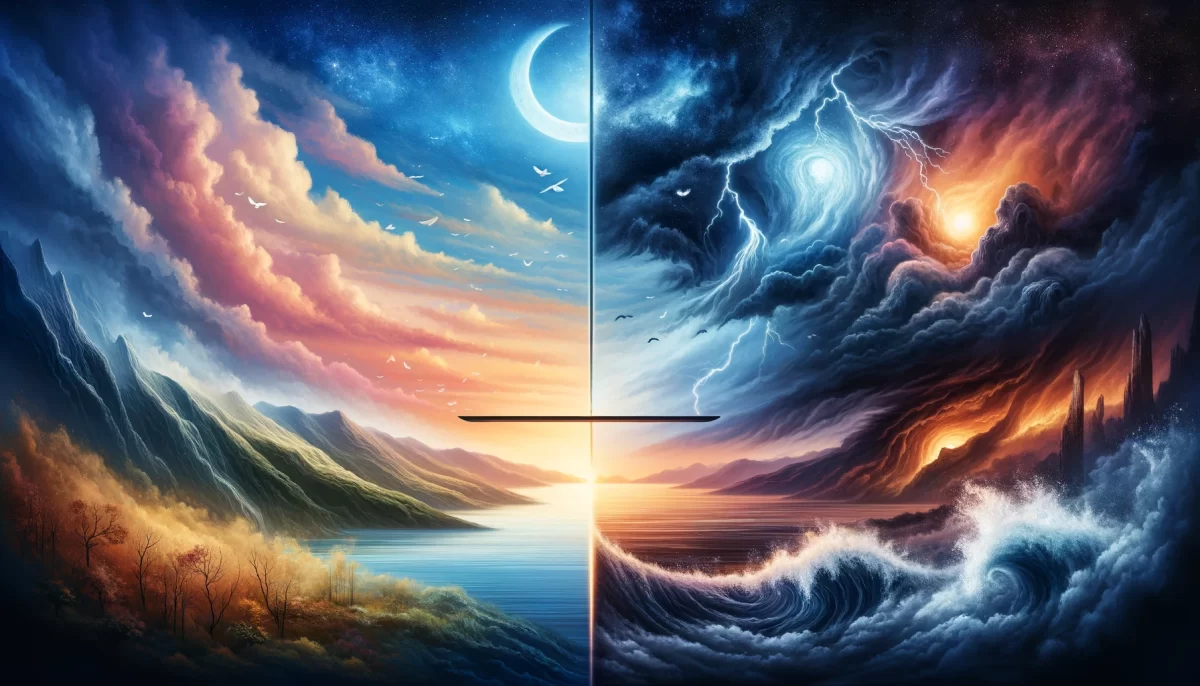
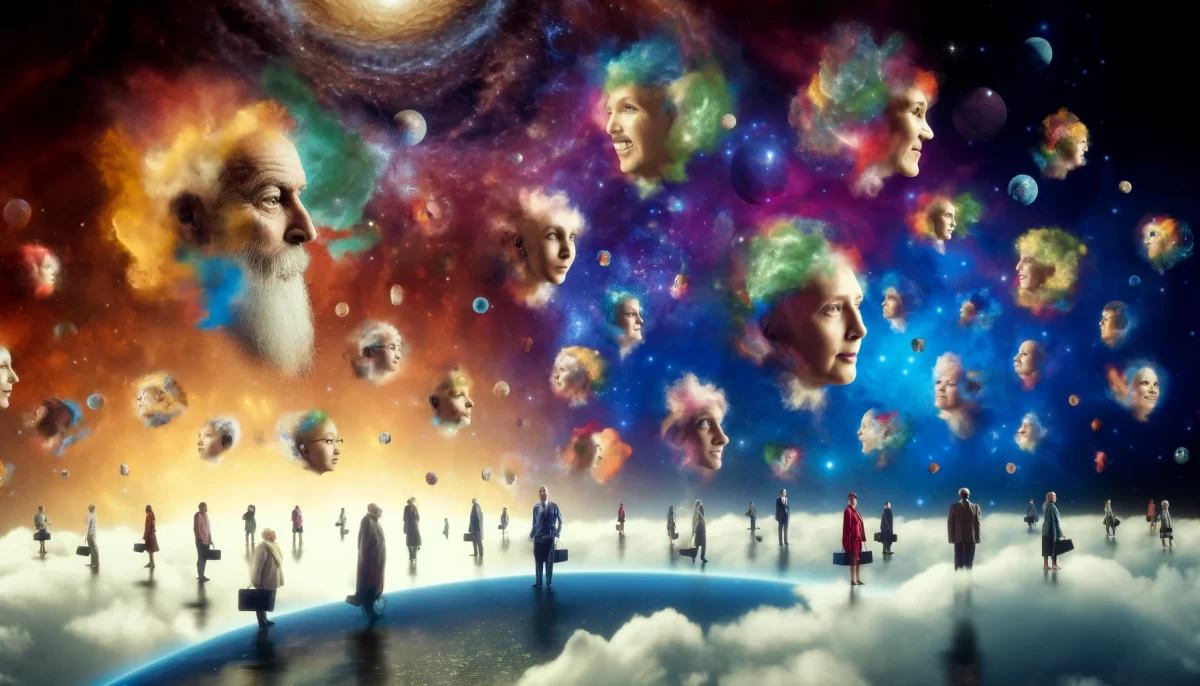



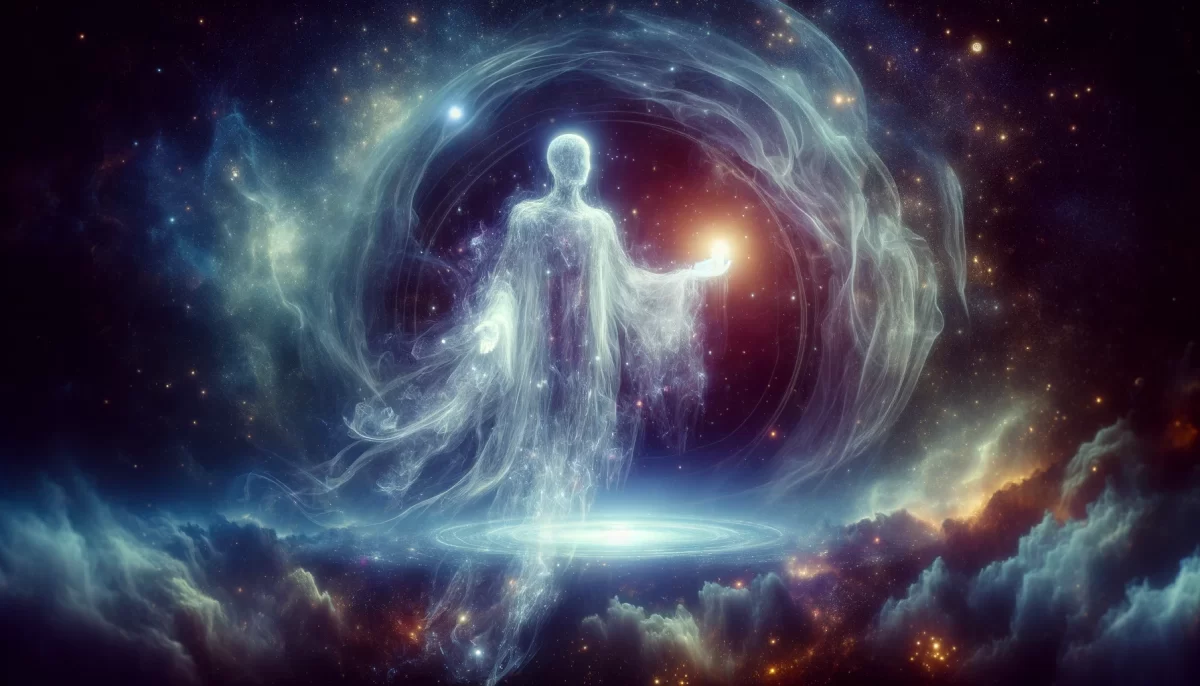
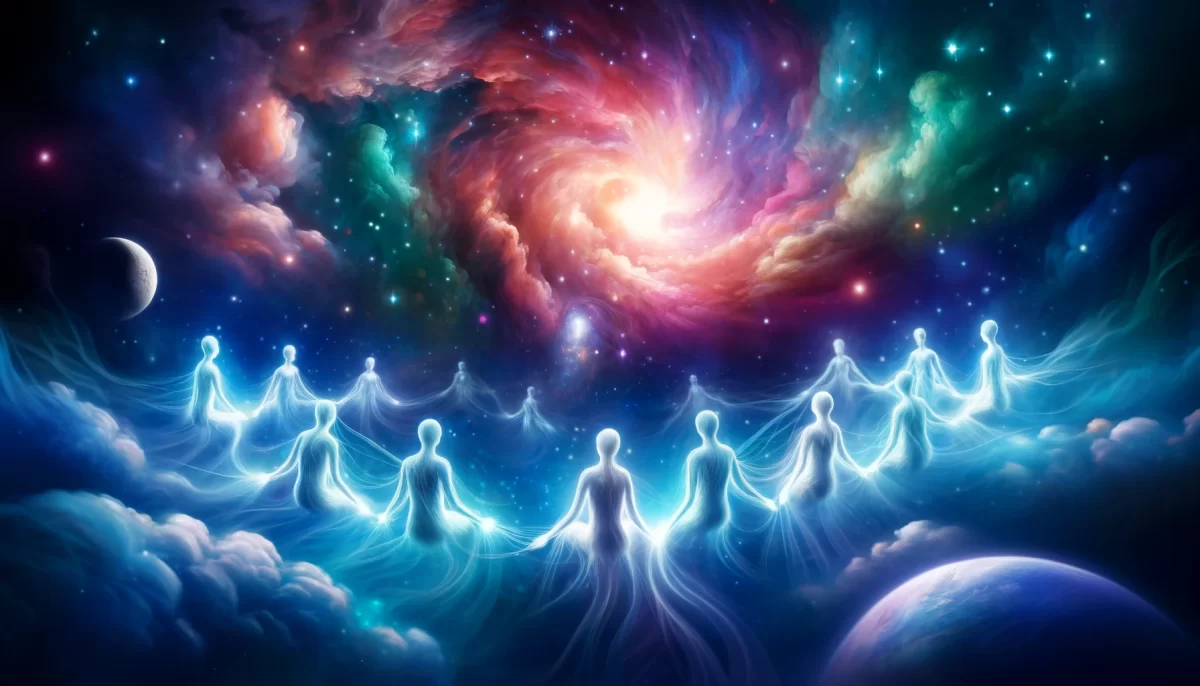
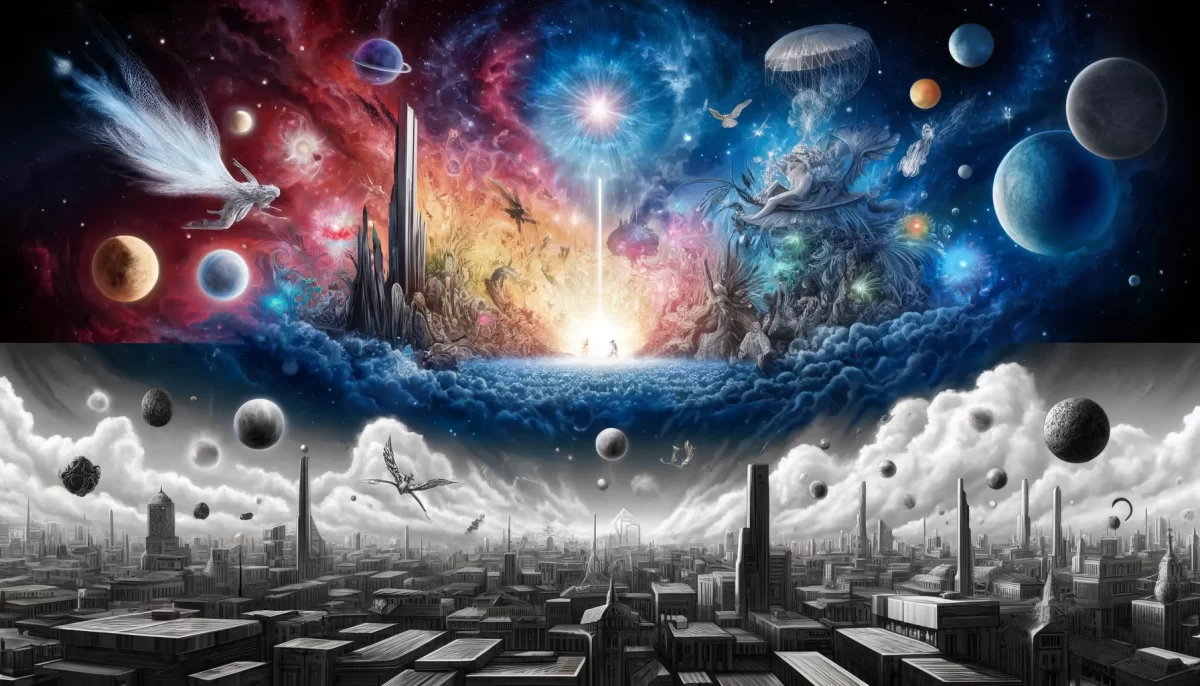

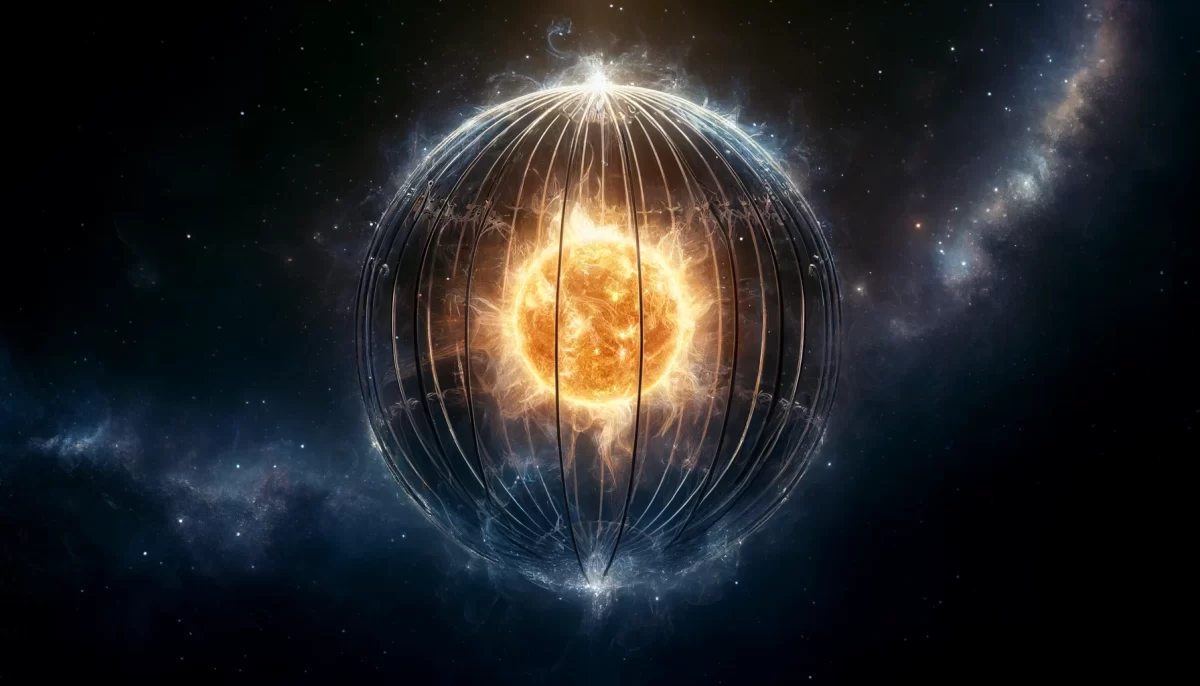

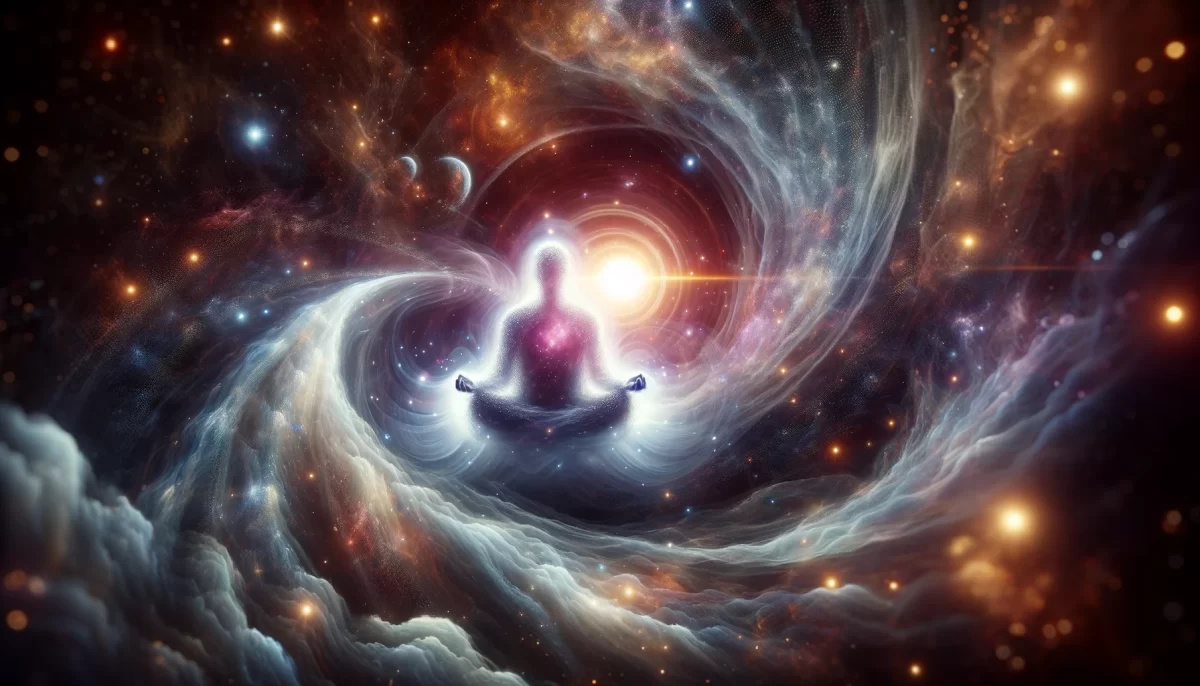
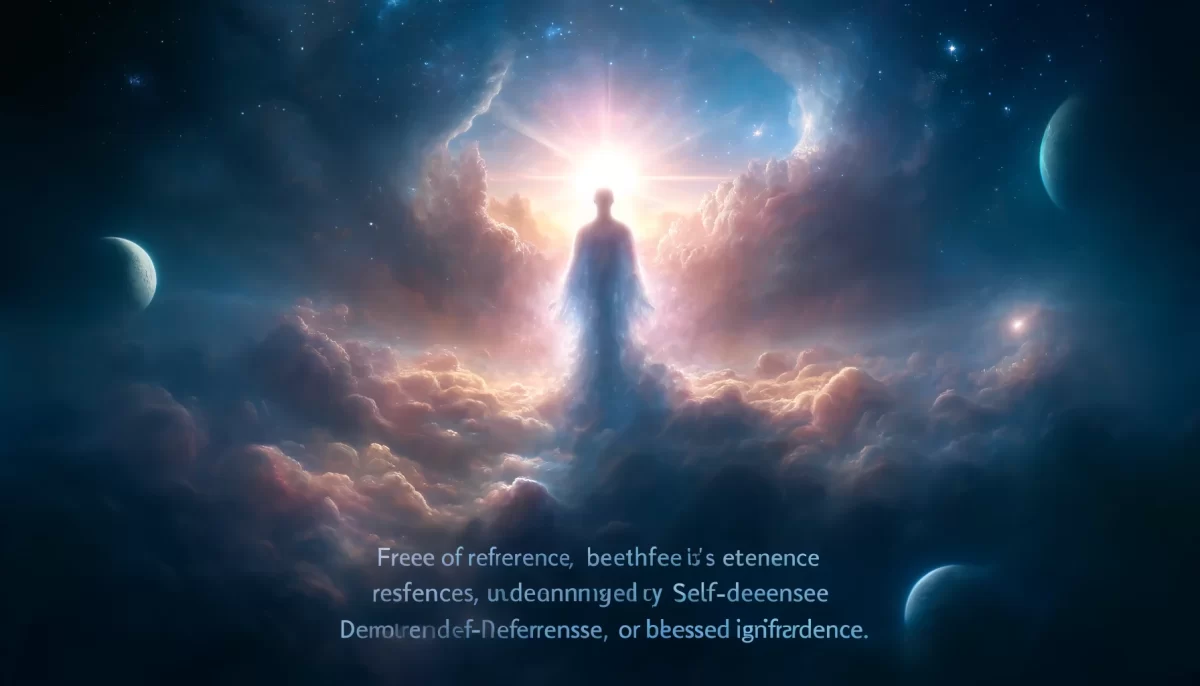

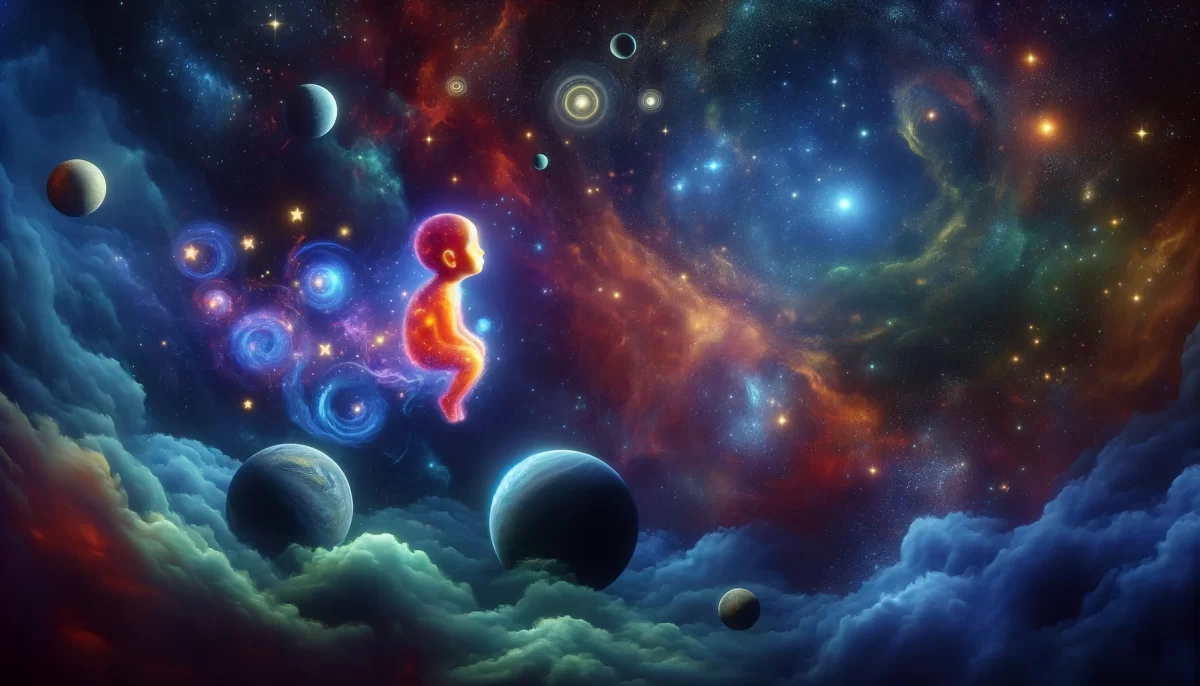




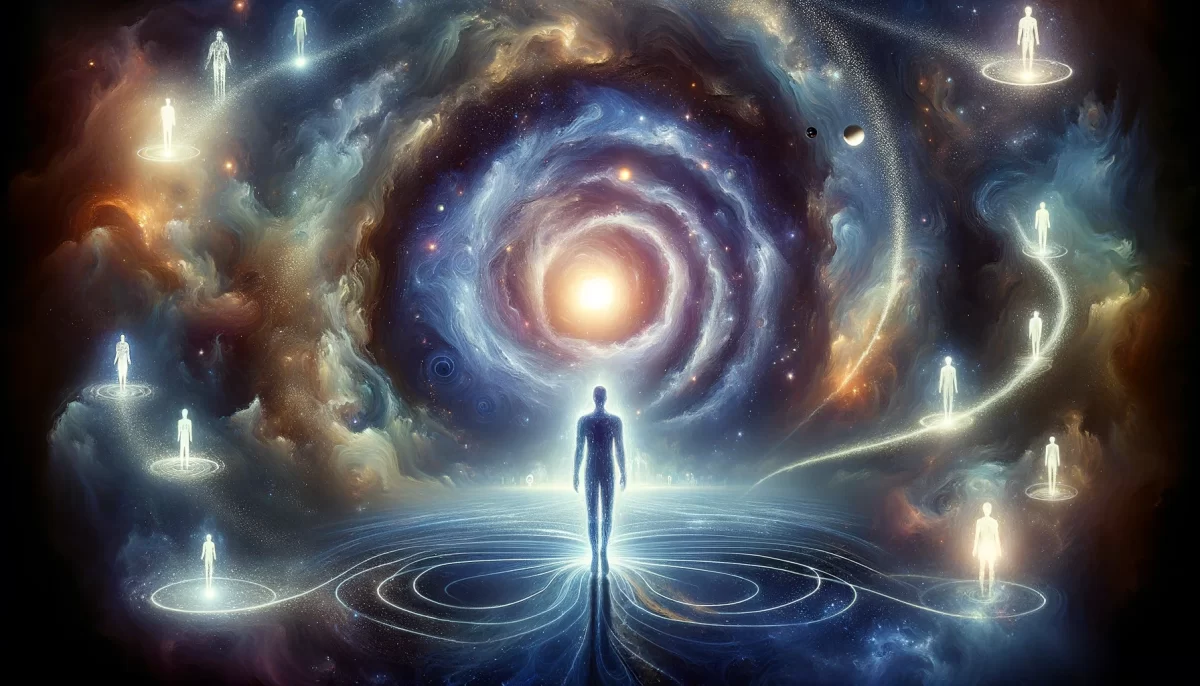

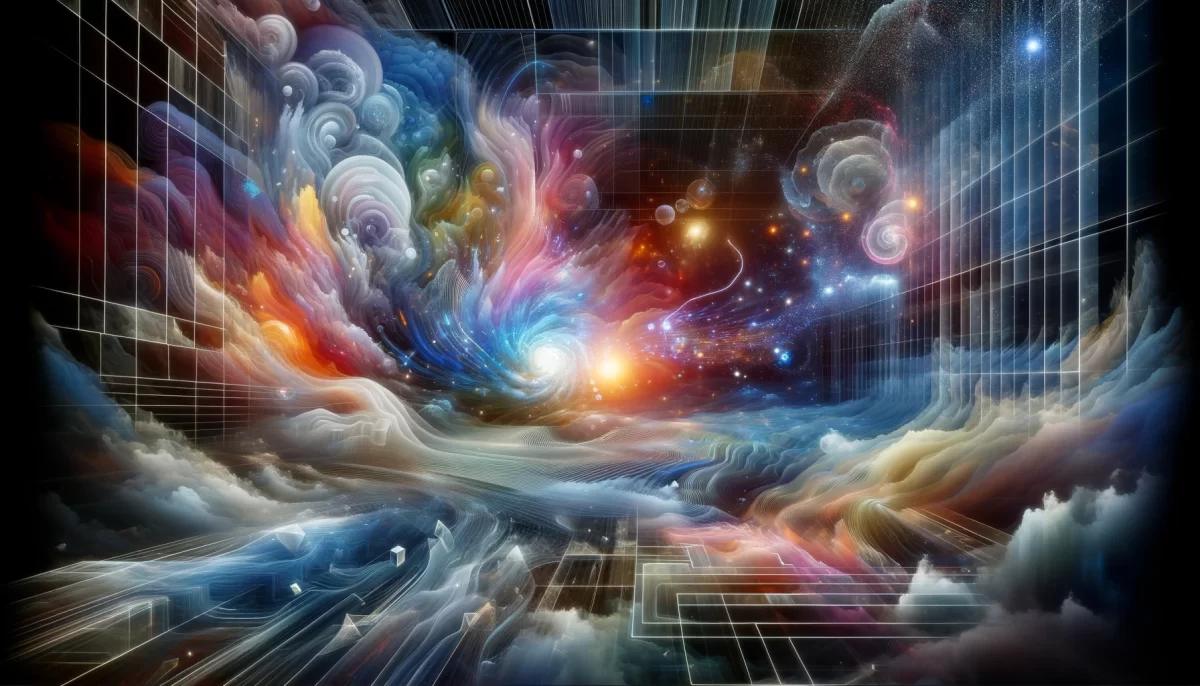




Leave a Reply